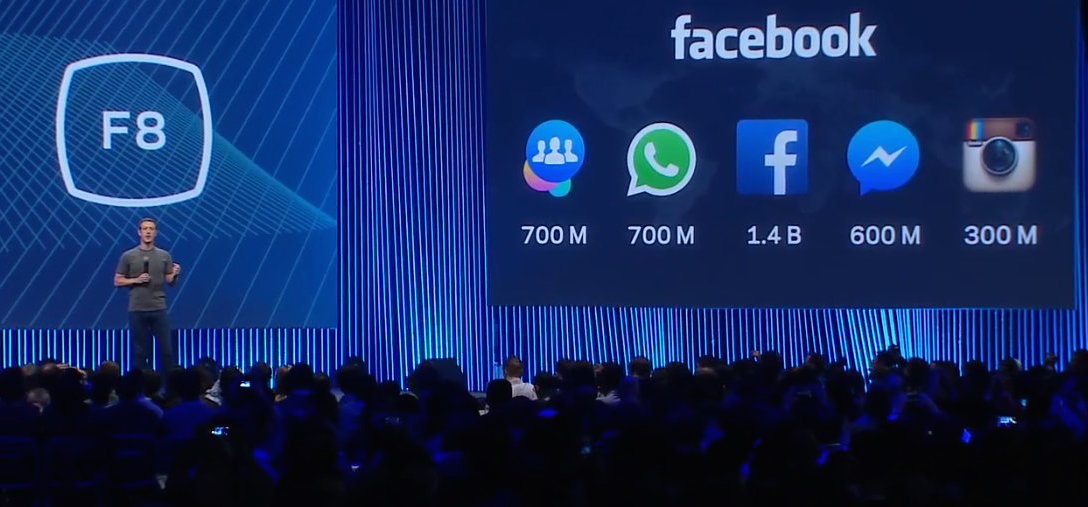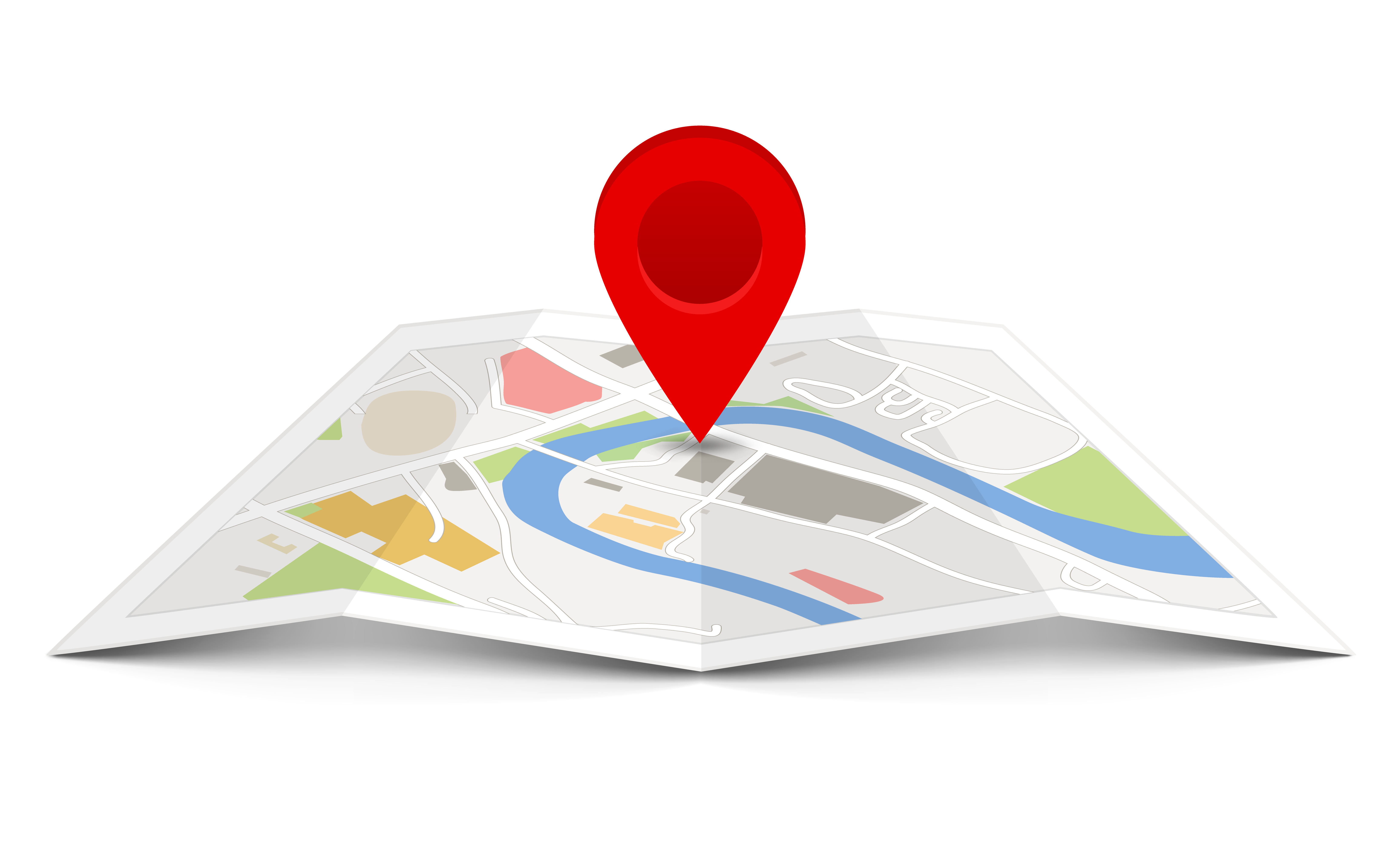Read original story on: The Verge
Facebook has confirmed that it is in talks with developers about creating native mobile games for its newly expanded Messenger platform, which was unveiled last month at its F8 developer conference. Few details have surfaced besides the confirmation, but it is clear that these new games will be downloadable as in-app purchases from Messenger’s third-party add-on store, which has been populated with chat enhancers like stickers and gifs so far.
Besides gaming, the social media giant already launched a “Businesses for Messenger” initiative to allow businesses to talk with their consumers directly on the Messenger app. Similarly, Facebook is now also looking to make WhatsApp, the other chat app it owns, more brand-friendly. According to Bloomberg, the company is looking into ways to bring the business-to-consumer communication model to WhatsApp.
Taken together, this points to Facebook’s ambitious plan in turning the two massively popular messaging apps it owns into well-rounded media platform that supports its mobile ecosystem. Just last week, messaging app Tango launched in-app ecommerce store in a similar attempt to broaden its reach, but it is obvious that Facebook has a far more advantageous position to capture more attention and leverage that into building out its messaging platforms.








